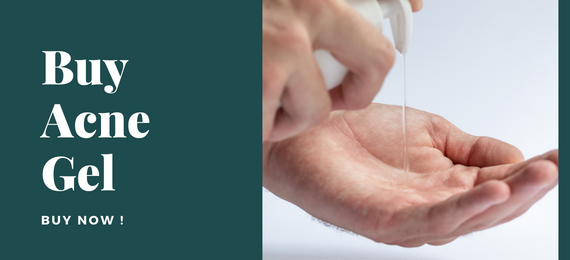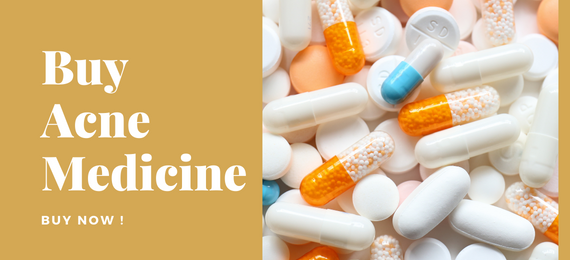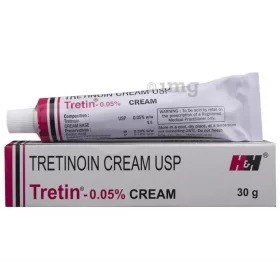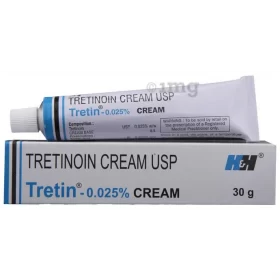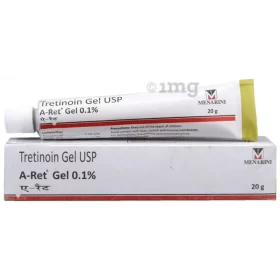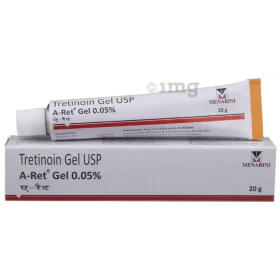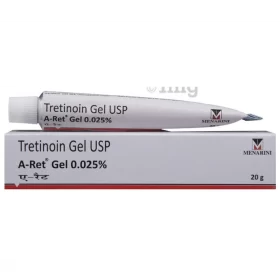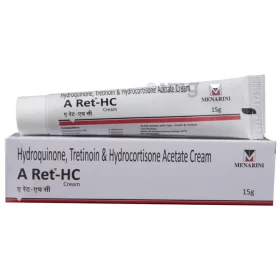- Your cart is empty
- Continue Shopping
Featured Products
Deal of the Day
Treat Acne Problems
50% Off
Shipping
worldwide
Free Shipping order above $100
100%
Genuine
We Provides the 100% Genunie Products.
Order
tracking
We give your Tracking number so you can track anytime.
Discreet
Delivery
We provides the discreet delivery for our customers.
What is Isotretinoin ?
Isotretinoin Uses
How Isotretinoin works
Common side effects of Isotretinoin
Expert Advice For Isotretinoin :
- You have been prescribed Isotretinoin for the treatment of severe acne.
- Take it with food.
- Avoid exposure to sunlight while using Isotretinoin. Use protective measures such as sun-cream or protective clothing.
- Avoid face waxing and laser treatment while using this medicine as it makes your skin more fragile.
- Avoid taking tetracycline as it may reduce the Isotretinoin activity.
- Do not take Isotretinoin if you are pregnant, planning pregnancy or breastfeeding.
- It may cause dryness of mouth, lips, and eyes. Drink plenty of water, use moisturiser and avoid wearing contact lenses. Inform your doctor if it bothers you.
Frequently Asked Questions For Isotretinoin :
Q. Is Isotretinoin safe to use?
Isotretinoin should be used with caution since it is associated with significant adverse reactions. It should be used only by patients who have severe nodular acne who are unresponsive to conventional therapy, including systemic antibiotics. In addition, Isotretinoin should not be used by pregnant women because it can cause severe birth defects.
Q. Is Isotretinoin a steroid?
No, Isotretinoin is a retinoid (vitamin A) which is used to treat severe types of acne.
Q. What are the recommended tests during Isotretinoin therapy?
Your liver enzymes and serum lipids will be checked before the treatment is started. These levels will also be monitored 1 month after the start of treatment and subsequently at an interval of 3 months unless more frequent monitoring is clinically indicated.
Q. Is the effect of Isotretinoin permanent?
It has been observed in many patients that a single 15-20-week course effectively cures the condition and prevents it from coming back. If at all a second course is required, one should wait for at least 8 weeks after completion of the first course. This is because experience with Isotretinoin has shown that the symptoms in the patients with acne may continue to improve following treatment with Isotretinoin.
Q. Why is Isotretinoin so dangerous during pregnancy?
If pregnancy occurs during treatment with Isotretinoin, then there is an extremely high risk that the baby may be born with severe birth defects.
Q. Can Isotretinoin cause cancer?
No, there are no reports of Isotretinoin causing cancer. In fact, it may be useful in some forms of head, skin and neck cancers.
Q. What are the long-term side effects of Isotretinoin?
A normal course of treatment of Isotretinoin is 15–20 weeks. Therefore, long-term effects of low doses have not been studied. However, it may have some effect on the bone mineral density. It may decrease bone mineral density in some patients, resulting in osteoporosis or fractures.
Q. Does Isotretinoin affect male fertility?
No, Isotretinoin does not affect the fertility of male patients. No significant effects were seen on ejaculate volume, sperm count, total sperm motility, morphology or seminal plasma fructose.
Q. Does Isotretinoin damage your liver?
There may be a transient increase in liver enzymes with Isotretinoin use. Therefore, regular laboratory tests are required. These values generally return to normal after some time. If the levels remain elevated for a long time, your doctor may discontinue the use of Isotretinoin.


